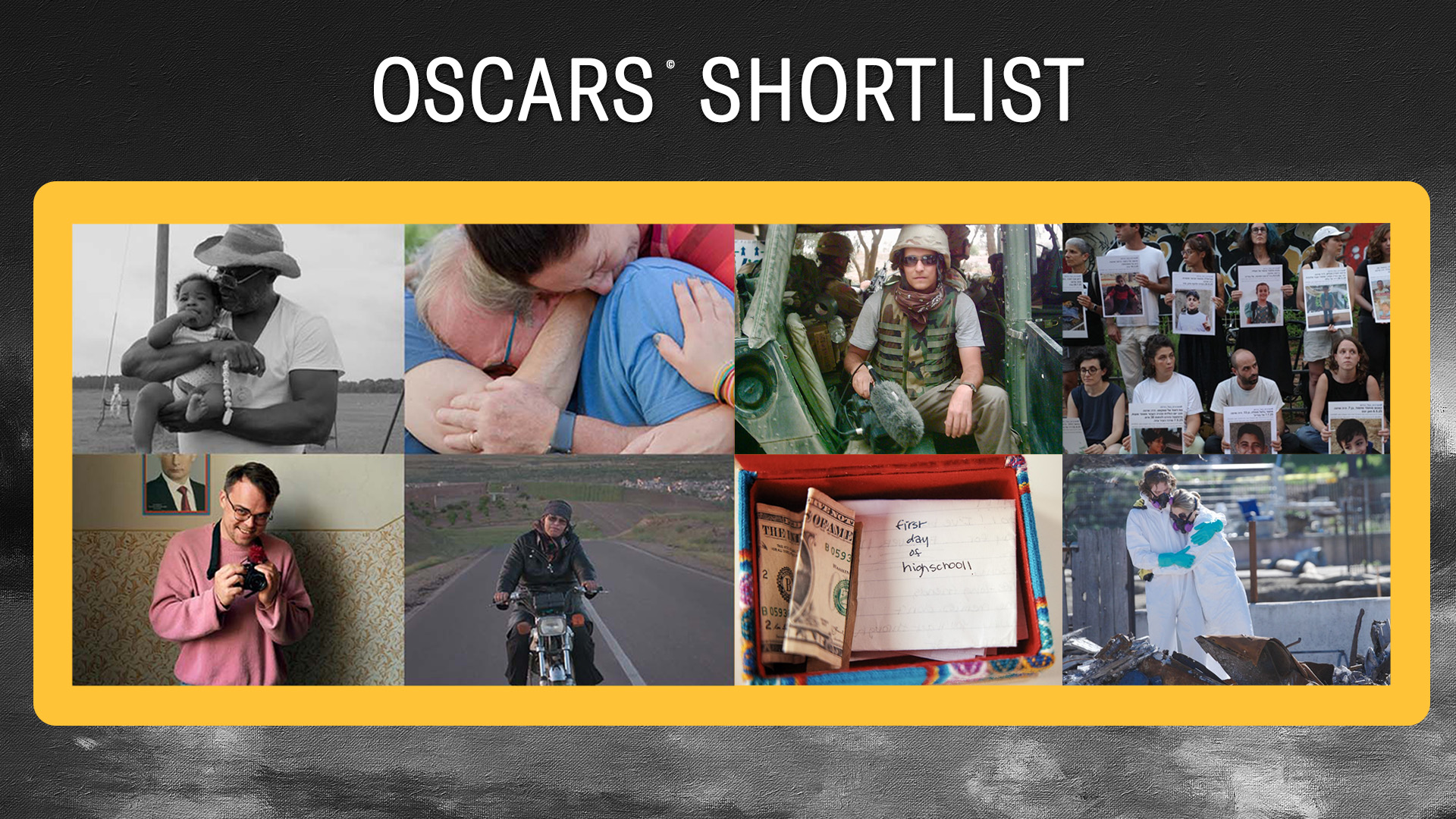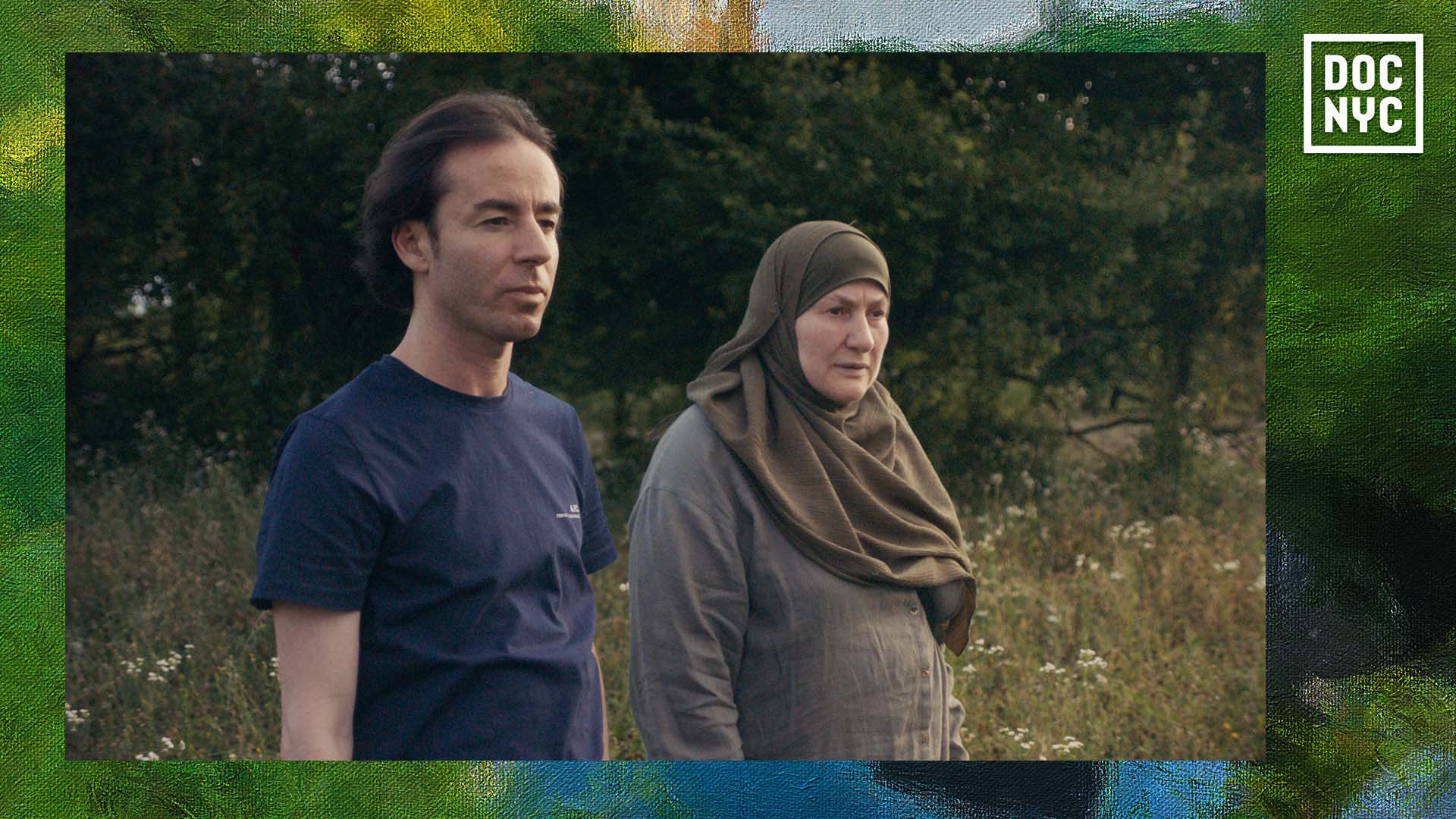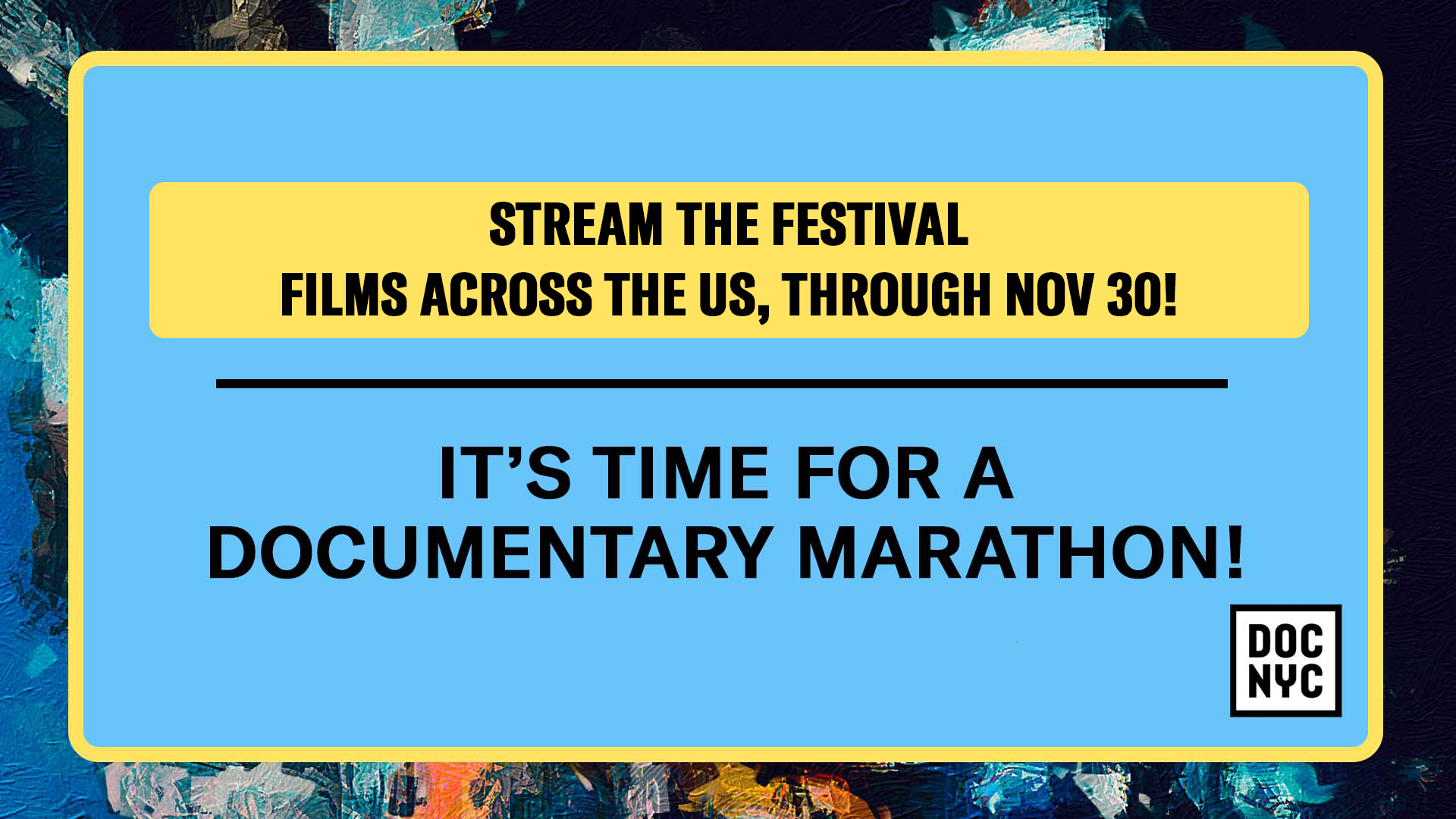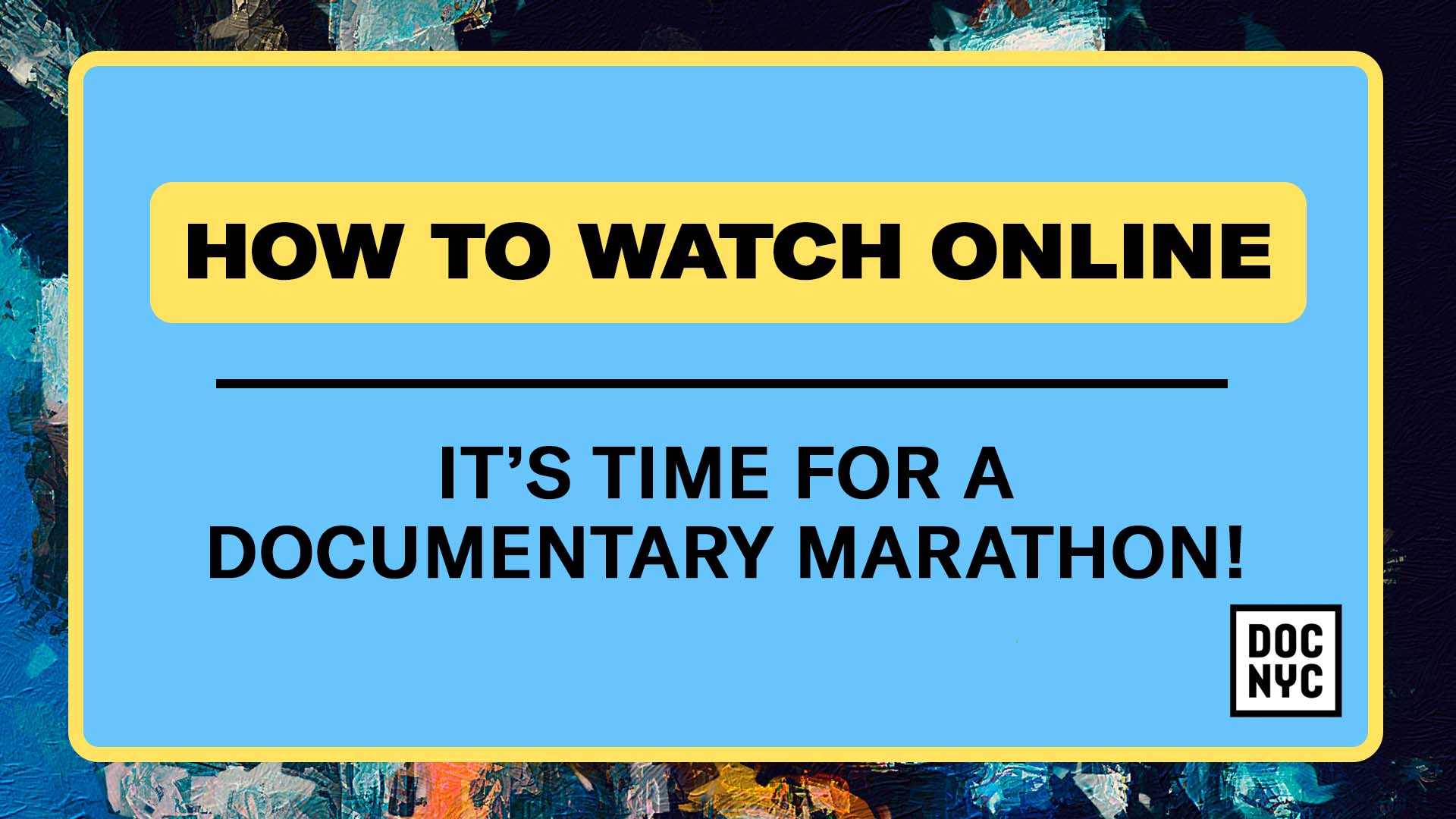Ken Dewey: Father of the Flash Mob Sally Williams documents an artist's radical approach to public theater
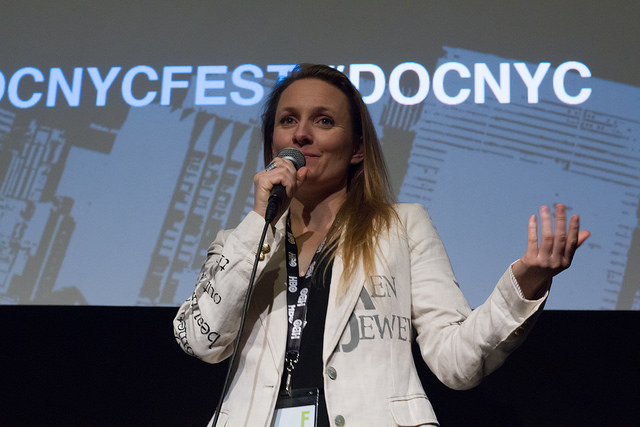
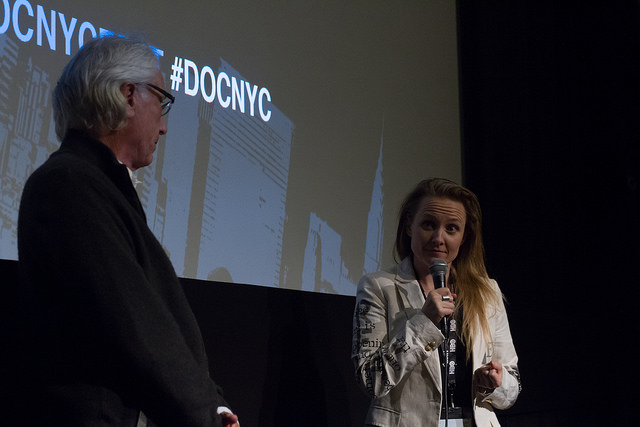
Written by Kate Hoos
Ken Dewey may not be a name you are familiar with, but as Ken Dewey: This Is A Test reveals, his presence was felt all over the creative world and still reverberates today. The film made its world premiere at DOC NYC this Saturday and traces the life and influence of this visionary personality. In the opening of the film, we are greeted with silent black and white footage of Yoko Ono silently screaming at Dewey’s memorial in 1972 following his death in a plane crash.
“Once he made art out of it,” says artist and playwright Lee Breuer in the film, “he could control it.” Dewey, who began in the theater, pushed the boundaries of what was deemed “proper” at a time when polite society would balk and call for censorship to “objectional” work. Known for creating Happenings, performance art pieces staged in public spaces and a precursor to the modern flash mob, Dewey staged such an event at the 1963 Edinburgh festival which was viewed as highly controversial at the time. “If I concern myself in whether people are shocked” Dewey said “I’d probably stop working in the theater.” He staged a city wide happening later the same year in San Francisco.
Dewey also became active in Civil Rights in the 1960s, participating in the 1965 Selma, Montgomery march. During his time there he began to experiment with video art and expanding his artistic range, staging exhibitions designed to challenge the viewer’s gaze. He later went to New York where in 1966 he began working for New York State Council on the Arts as a program director. During his tenure there he spearheaded such projects as the Hudson Troubadour and was involved with Dial A Poem among others.
Dewey used the world around him as a canvas and in that way, influenced many around him. Those who spoke of him in the film and afterwards always mentioned a humbleness, and quietness about him, which is likely why he is not a household name today as many of his contemporaries still are. Of Dewey and the boundaries he pushed in such a creatively rich period, Breuer said, “people were experimenting with a new way to say things, because there were new things to say.”
Kate Hoos is a musician, writer, freelance photographer, and social media consultant whose work has appeared in Bust, Tom Tom Magazine, Homoground, and on countless band websites. She is a member of the organizing committee for the Punk Island Festival and plays guitar in the band Lady Bizness.
